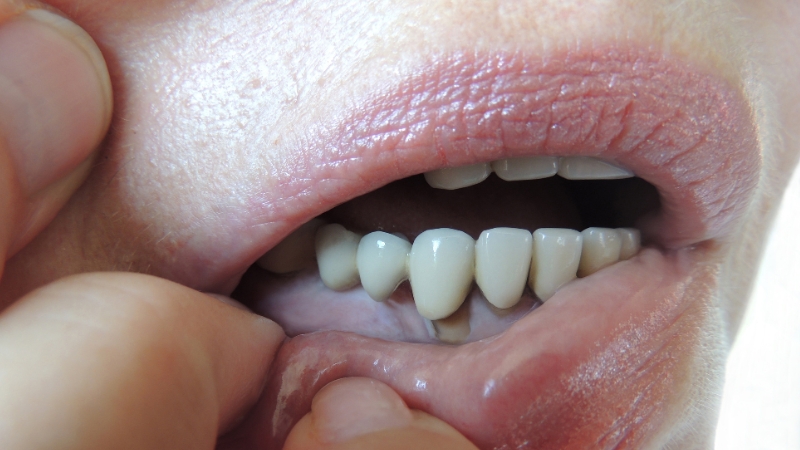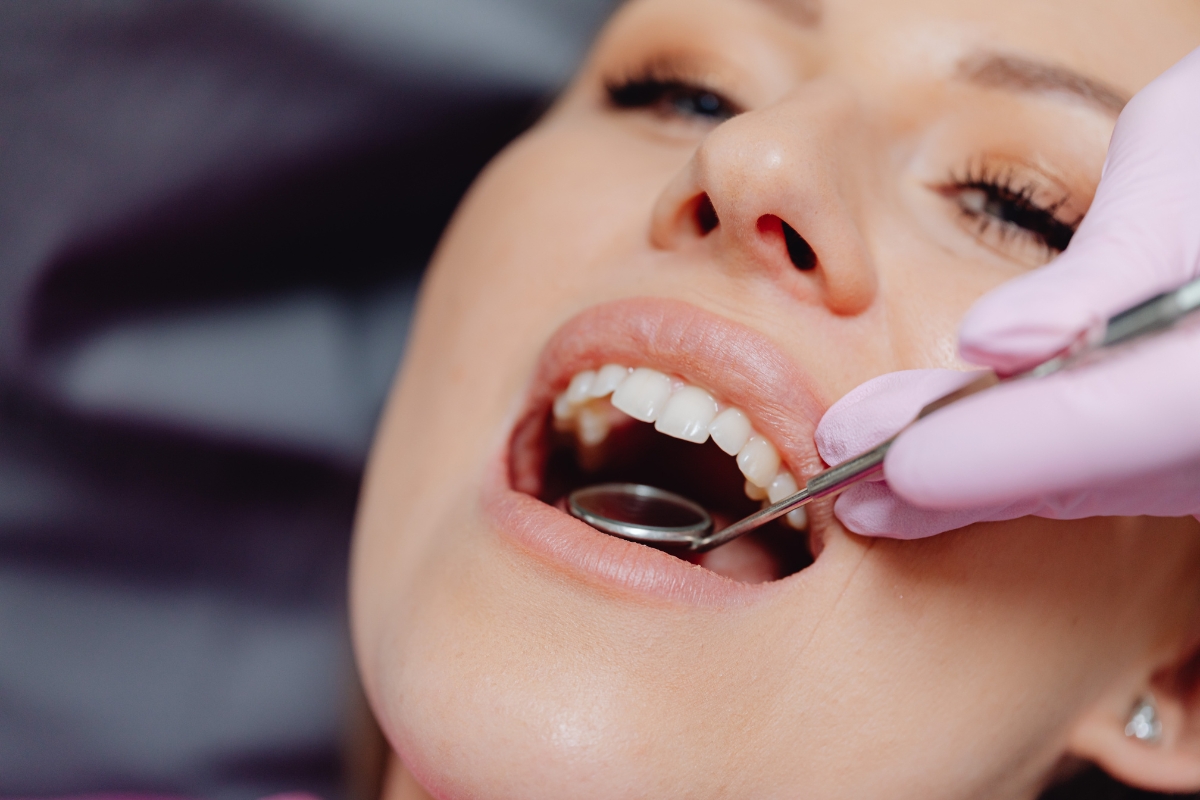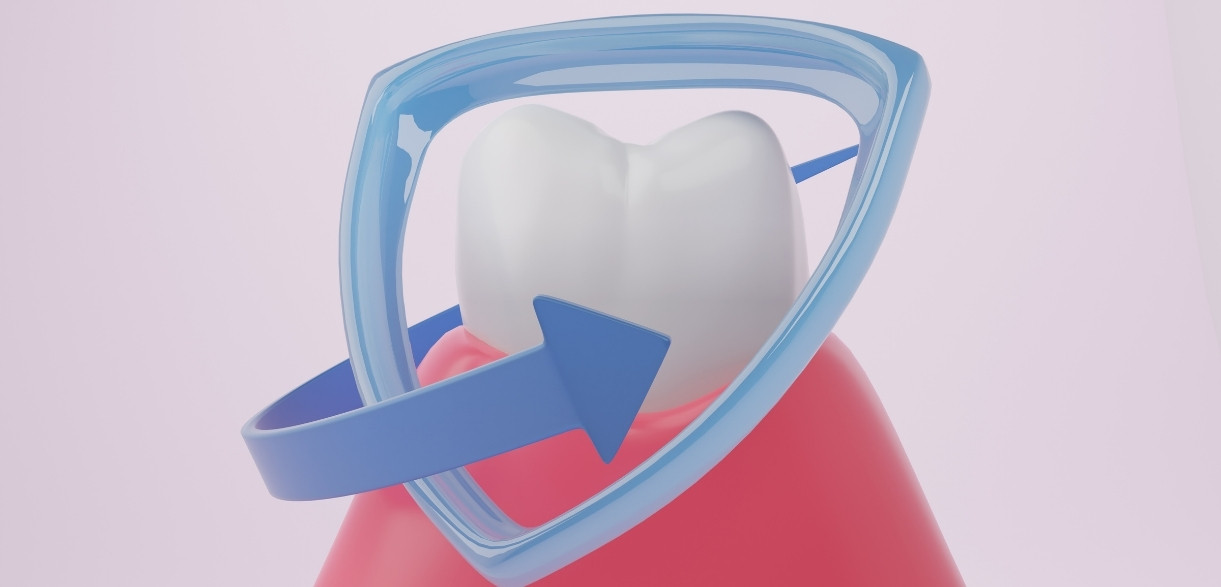Brentwood: (615) 235-1966

It’s Not Too Late! 7 Tips For Reversing Periodontitis
Brentwood and Lewisburg, TN

From Floss Felon to Flossing Fanatic: 7 Tools To Reverse Gum Disease
So, you’ve been neglecting your dental check-ups, and now your gums are staging a rebellion. Maybe you thought flossing was optional or that brushing once a day was more than enough. Well, here we are, facing the not-so-glamorous diagnosis of periodontitis. But it’s not the end of the world—or your teeth. While it might feel like your gums are plotting against you, there’s still hope. With the right Periodontal disease treatment, you can turn things around and restore peace in your mouth. Here’s a useful blog on how to win back your gum health with these seven essential tips. Let’s dive in and kick periodontitis to the curb—one laugh at a time!
Periodontitis, a severe form of gum disease, affects the tissues and bones supporting your teeth, leading to tooth loss if untreated. While it can be a daunting diagnosis, it’s not too late to take action. With the right care and commitment, you can reverse the damage and restore your oral health. Here are seven tips to help you on your journey to combat periodontitis effectively.
1. Maintain Excellent Oral Hygiene
Proper oral hygiene is the cornerstone of preventing and reversing periodontitis:
- Brushing: Brush your teeth at least twice a day using a soft-bristled toothbrush and fluoride toothpaste. Pay special attention to the gumline to remove plaque effectively.
- Flossing: Floss daily to remove food particles and plaque between teeth and below the gumline, areas your toothbrush can’t reach.
- Mouthwash: Use an antimicrobial mouthwash to reduce bacteria and plaque in your mouth. Rinse your mouth thoroughly after brushing and flossing.
2. Schedule Regular Dental Check-ups
Regular visits to your dentist are crucial in managing periodontitis:
- Professional Cleanings: Dental cleanings remove tartar and plaque buildup that regular brushing and flossing can’t eliminate.
- Early Detection: Regular check-ups help detect early signs of gum disease, making it easier to treat before it progresses.
- Customized Advice: Your Brentwood dentist can provide personalized advice on improving your oral hygiene routine and addressing specific issues related to your periodontitis.
3. Quit Smoking
Smoking is a significant risk factor for periodontitis and can impede your recovery:
- Impact on Gums: Smoking weakens your immune system, making it harder to fight off gum infections. This hinders the effectiveness of any periodontal disease treatment you might be undergoing.
- Healing: Quitting smoking improves blood flow to your gums, promoting healing and overall oral health. This enhanced blood flow supports the body’s natural repair processes, making your periodontal disease treatment more effective.
4. Improve Your Diet
A balanced diet can strengthen your gums and teeth, aiding in the reversal of periodontitis:
- Nutrient-Rich Foods: Consume foods high in vitamins C and D, calcium, and omega-3 fatty acids to support gum health and bone regeneration.
- Limit Sugary Foods: Reduce your intake of sugary and acidic foods that can contribute to plaque buildup and gum disease.
5. Use Special Dental Products
Certain dental products are designed to help manage periodontitis:
- Electric Toothbrushes: Electric toothbrushes can be more effective at removing plaque compared to manual brushing.
- Interdental Brushes: These small brushes can clean between teeth and around brackets more effectively than floss.
- Antimicrobial Toothpaste: Toothpaste containing ingredients like triclosan or stannous fluoride can help reduce plaque and gum inflammation.
6. Consider Medical Treatments
If your periodontitis is advanced, additional treatments may be necessary:
- Scaling and Root Planing: This deep-cleaning procedure removes tartar from below the gumline and smooths the root surfaces to prevent further plaque buildup.
- Antibiotics: In some cases, your dentist may prescribe antibiotics to combat bacterial infections in the gums.
- Surgery: Procedures such as flap surgery, bone grafts, or tissue regeneration may be necessary to restore the supporting structures of your teeth.
7. Manage Underlying Health Conditions
Certain health conditions can exacerbate periodontitis, so managing them is essential:
- Diabetes: Uncontrolled diabetes can increase the risk of gum disease. Maintaining good blood sugar levels can help reduce this risk.
- Hormonal Changes: Hormonal fluctuations during pregnancy or menopause can affect gum health. Consult with your healthcare provider to manage these changes effectively.
Reversing periodontitis requires a multi-faceted approach that includes maintaining excellent oral hygiene, regular dental visits, a healthy diet, quitting smoking, and potentially medical treatments. Following these seven tips will significantly improve your gum health and work towards reversing the effects of periodontitis. Remember, it’s never too late to take control of your oral health. Accurate Periodontal disease treatment care can result in a healthier smile and prevent future dental issues. Always consult with your dentist or healthcare provider for personalized advice and treatment plans tailored to your specific needs.





